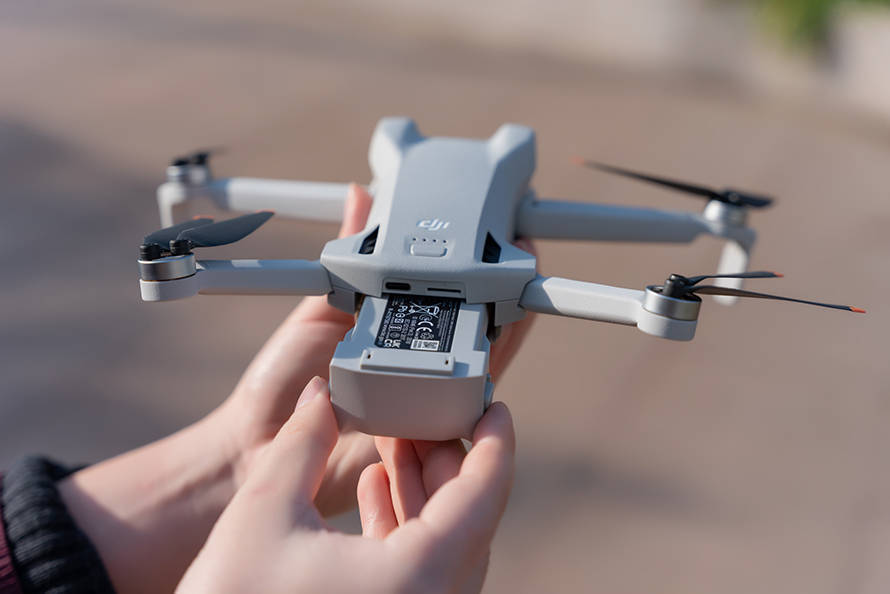The world of RC drone technology is continuously evolving, introducing groundbreaking innovations that revolutionize how we perceive and interact with drones. These advancements benefit both hobbyists and professionals, offering enhanced capabilities and new opportunities for applications ranging from photography to emergency services.
The Evolution of RC Drones
Starting from basic remote-controlled devices, RC drones have transformed into sophisticated machines equipped with numerous features. The integration of artificial intelligence and machine learning has empowered drones to make autonomous decisions, enhancing their efficiency and safety. Today’s drones are capable of complex tasks like obstacle avoidance, path planning, and even target recognition.
Innovative Features
- Improved Battery Life: One significant area of advancement is battery technology. Modern RC drones feature high-capacity batteries that offer longer flight times, making it feasible for drones to carry out extended missions without frequent recharging.
- Advanced Camera Systems: Equipped with 4K or even 8K cameras, the latest RC drones enable high-definition aerial photography and videography. These cameras often come with image stabilization features and advanced zoom techniques, providing crystal-clear shots from various altitudes.
- Enhanced Connectivity: With the advent of 5G technology, RC drones now have quicker and more reliable data transmission capabilities. This improvement facilitates real-time communication and control over vast distances, enabling applications like live broadcasting and remote surveillance.

Applications Benefiting from RC Drone Innovations
The innovations in RC drone technology have opened new avenues in numerous fields. Some of the notable sectors leveraging these advancements include:
- Environmental Monitoring: Drones equipped with sensors can now monitor environmental changes and collect data on air quality, temperature variations, and wildlife activity, providing valuable insights for research and conservation efforts.
- Emergency Response: Drones can swiftly navigate disaster-stricken areas, delivering supplies or identifying stranded individuals. Their ability to quickly assess situations from an aerial viewpoint is invaluable for first responders.
- Agriculture: Drones are changing the landscape of modern farming by helping to monitor crop health, manage irrigation systems, and even assist in planting processes. These capabilities minimize human labor and increase agricultural productivity.

FAQs about RC Drone Technology
What are the legal requirements for flying RC drones?
Regulations vary by country, but typically include rules regarding flight height, registration, and avoiding restricted airspace such as airports and government facilities.
How safe are RC drones for personal use?
When used responsibly, drones are generally safe. It’s crucial to adhere to safety guidelines and perform regular maintenance to ensure reliable operation.
Can RC drones be used commercially?
Yes, many businesses use drones for purposes like filmmaking, surveying, and delivery services. It’s important to comply with local aviation laws for commercial use.
